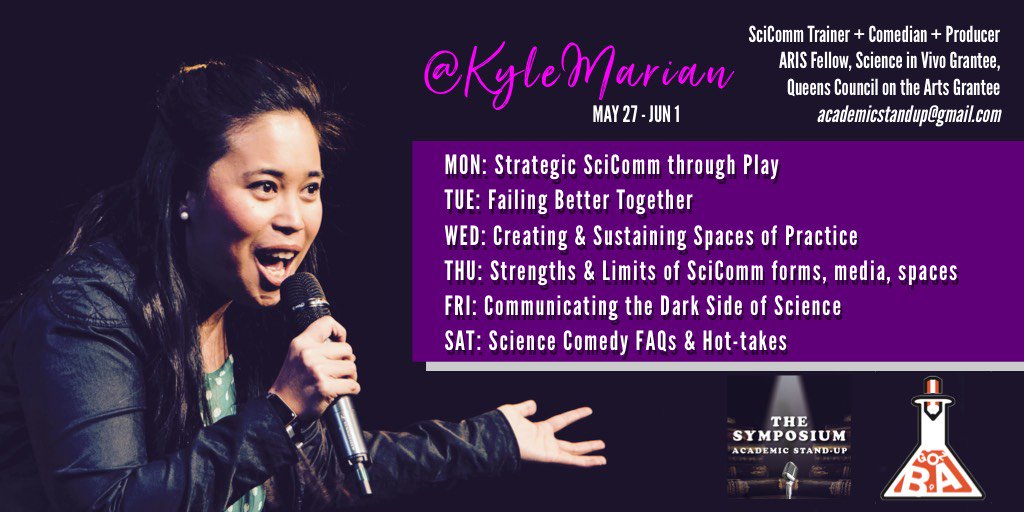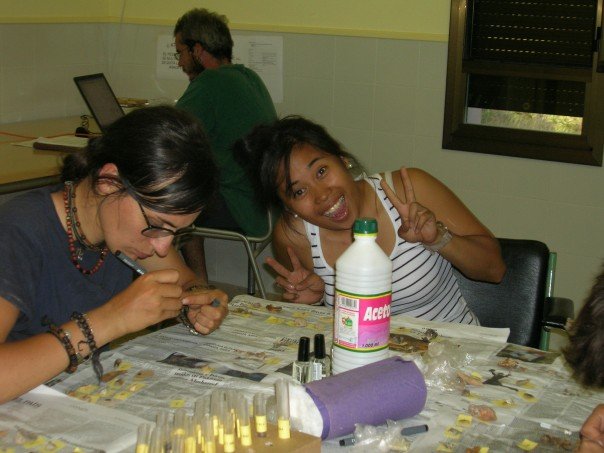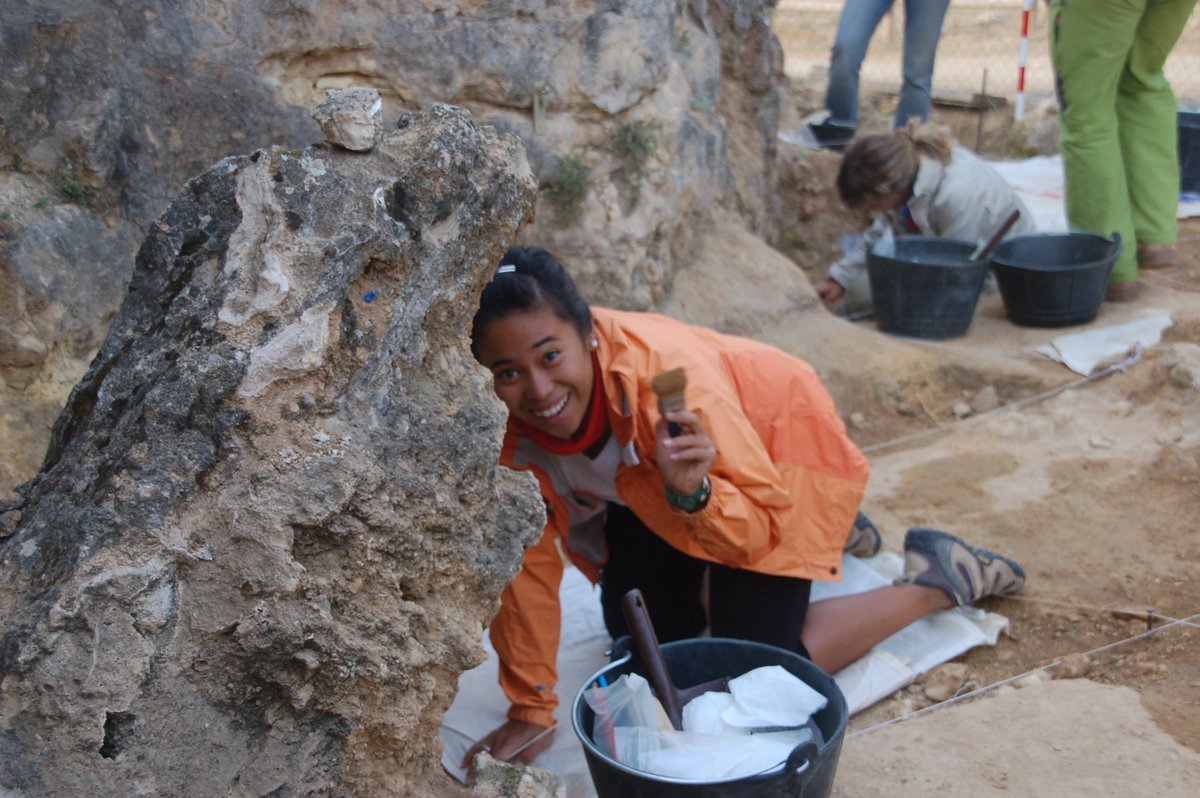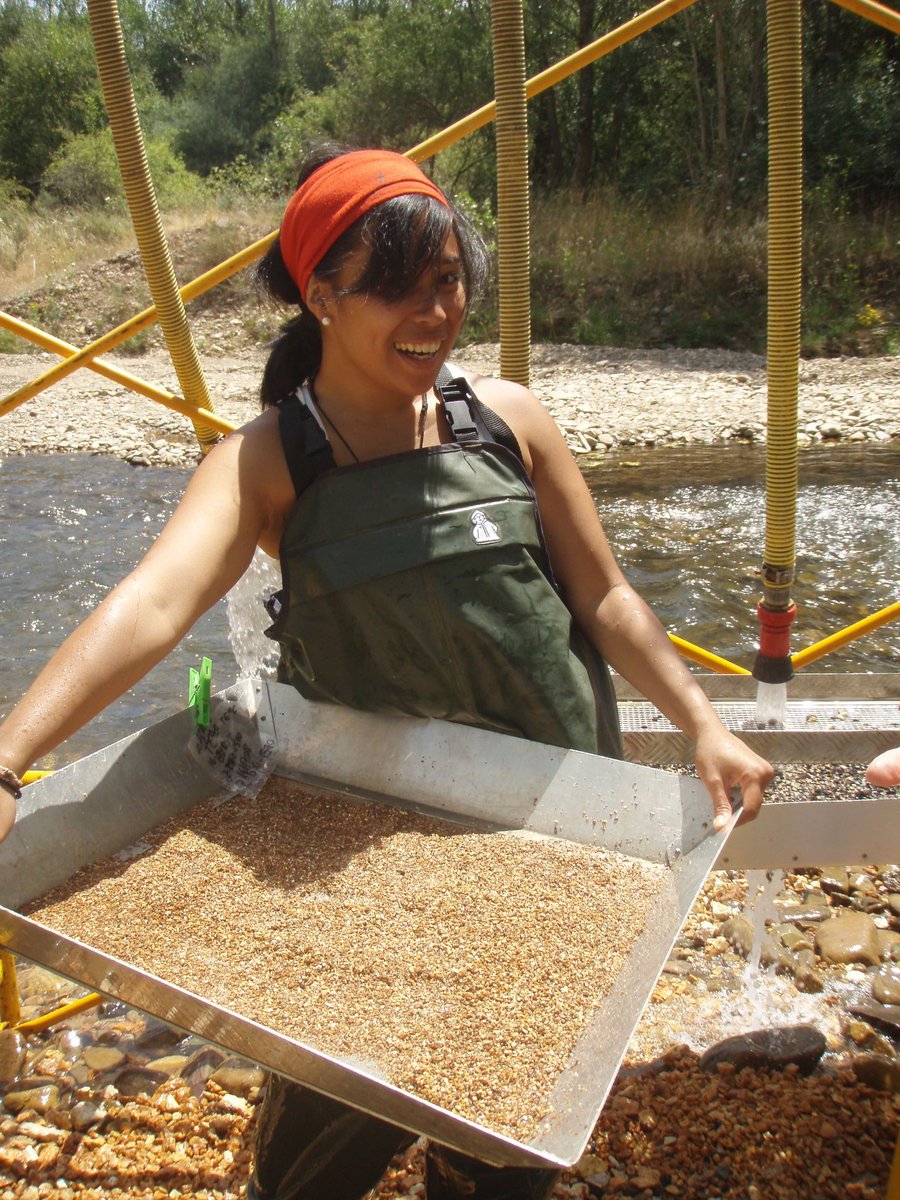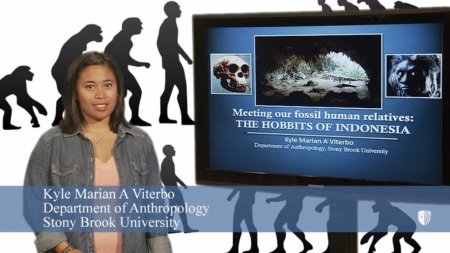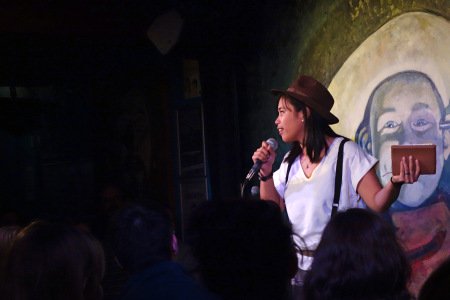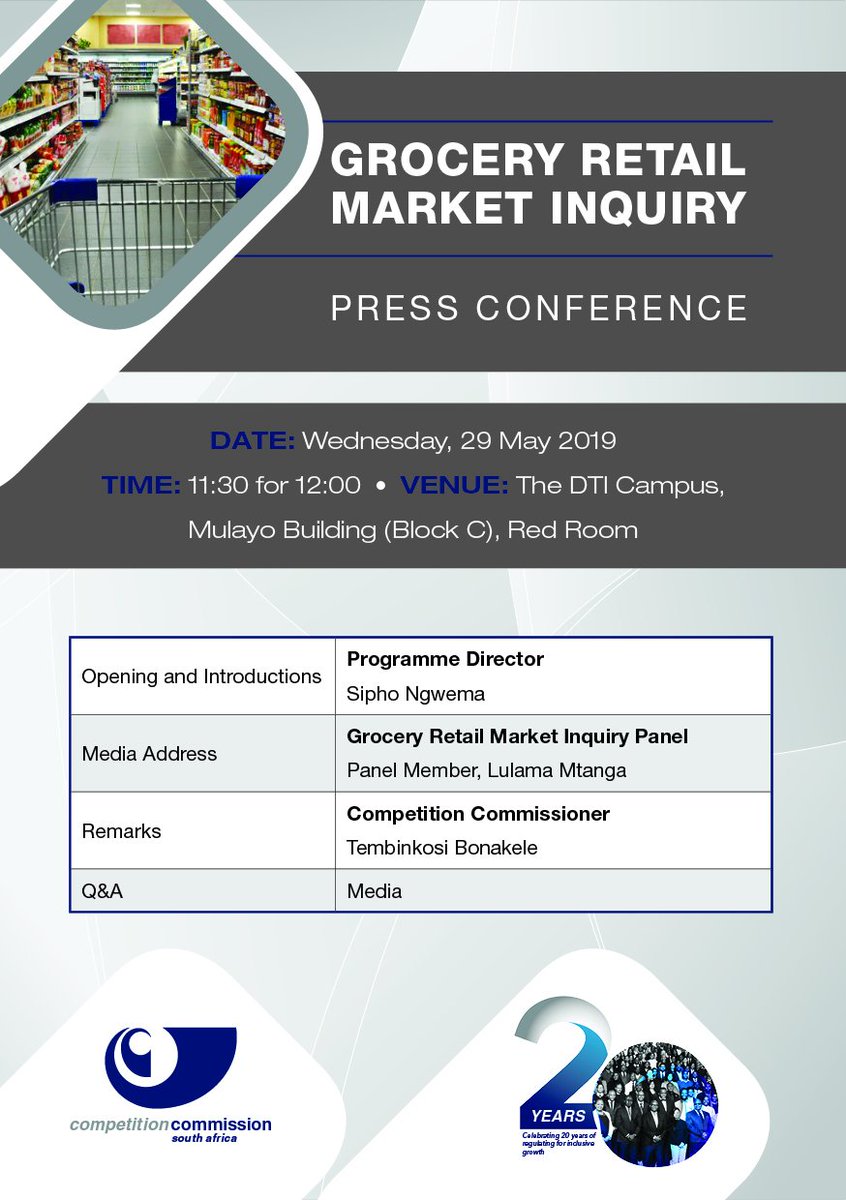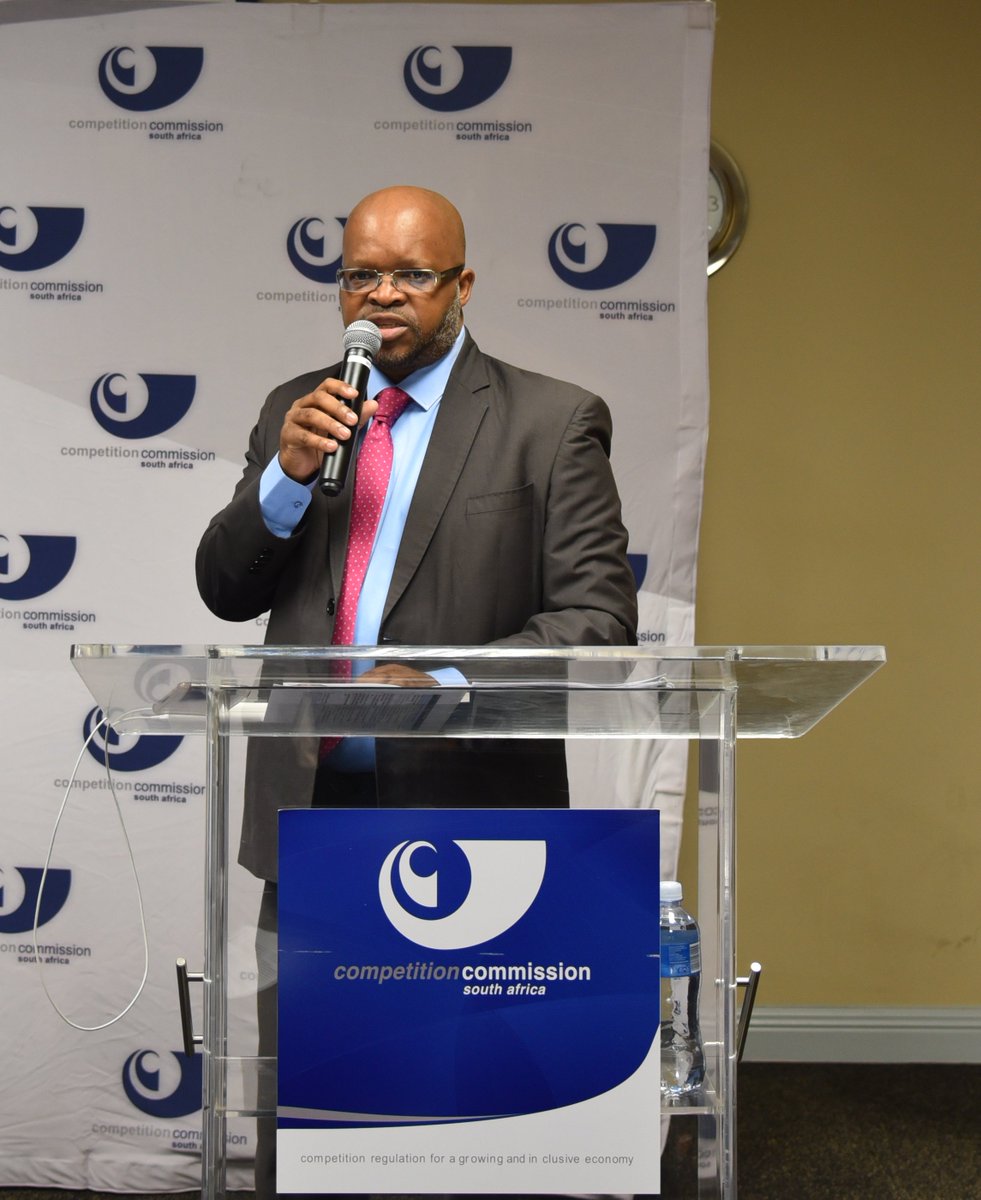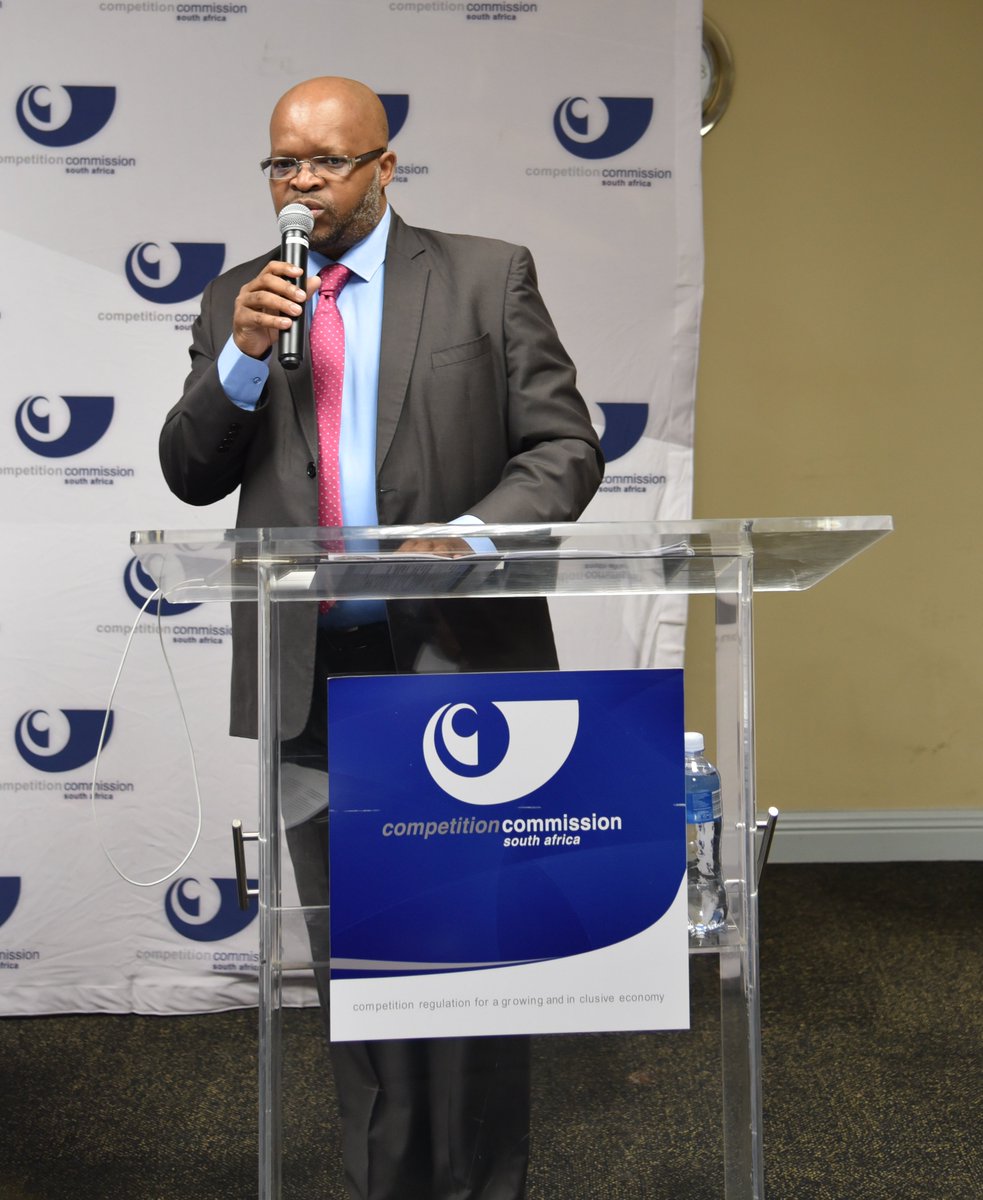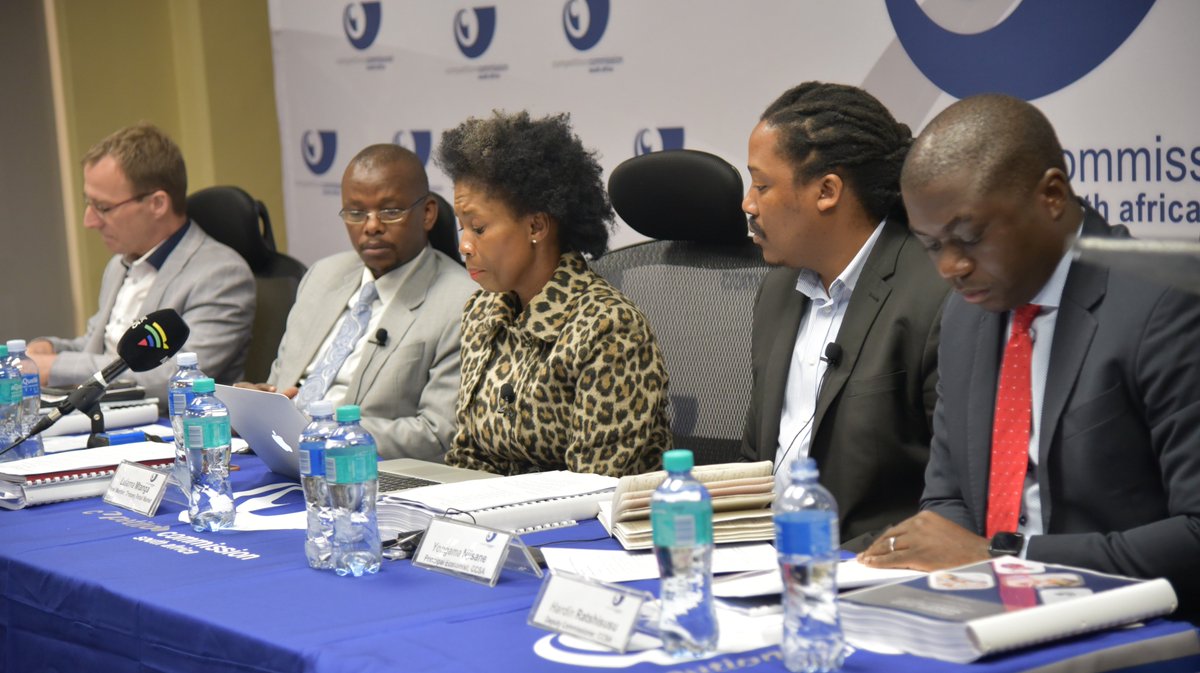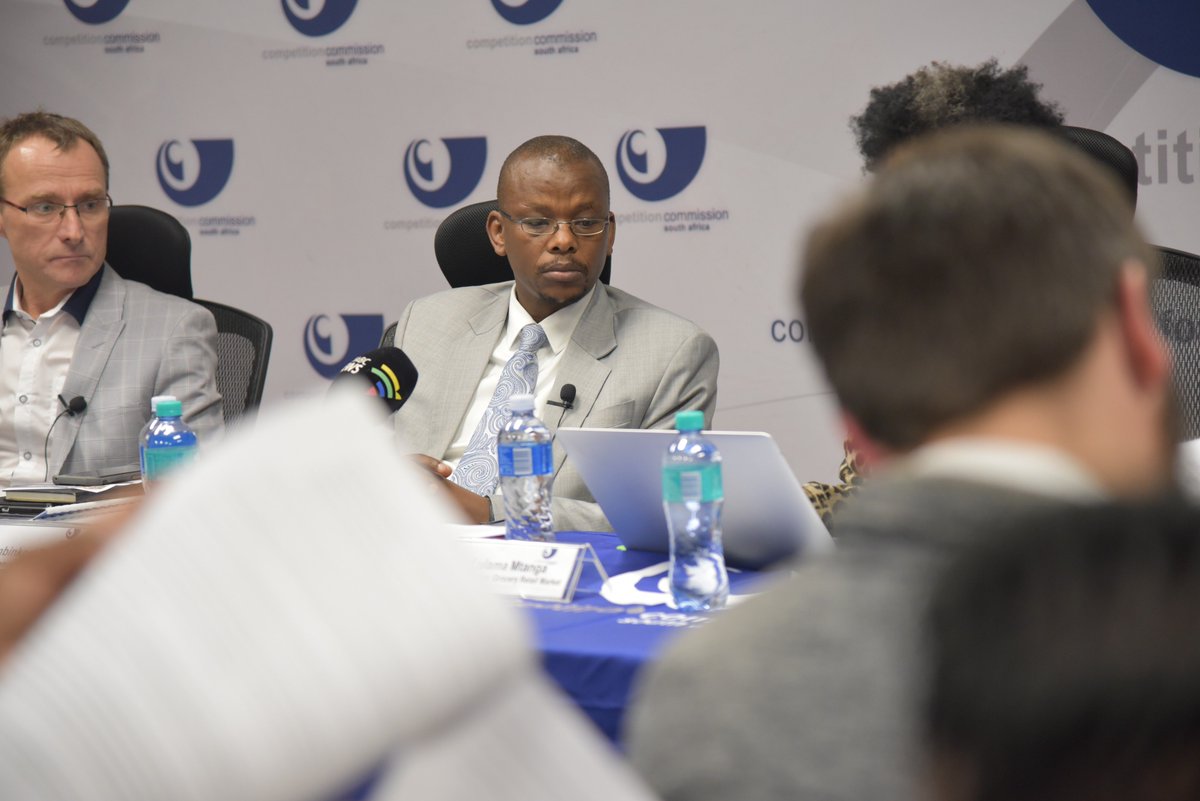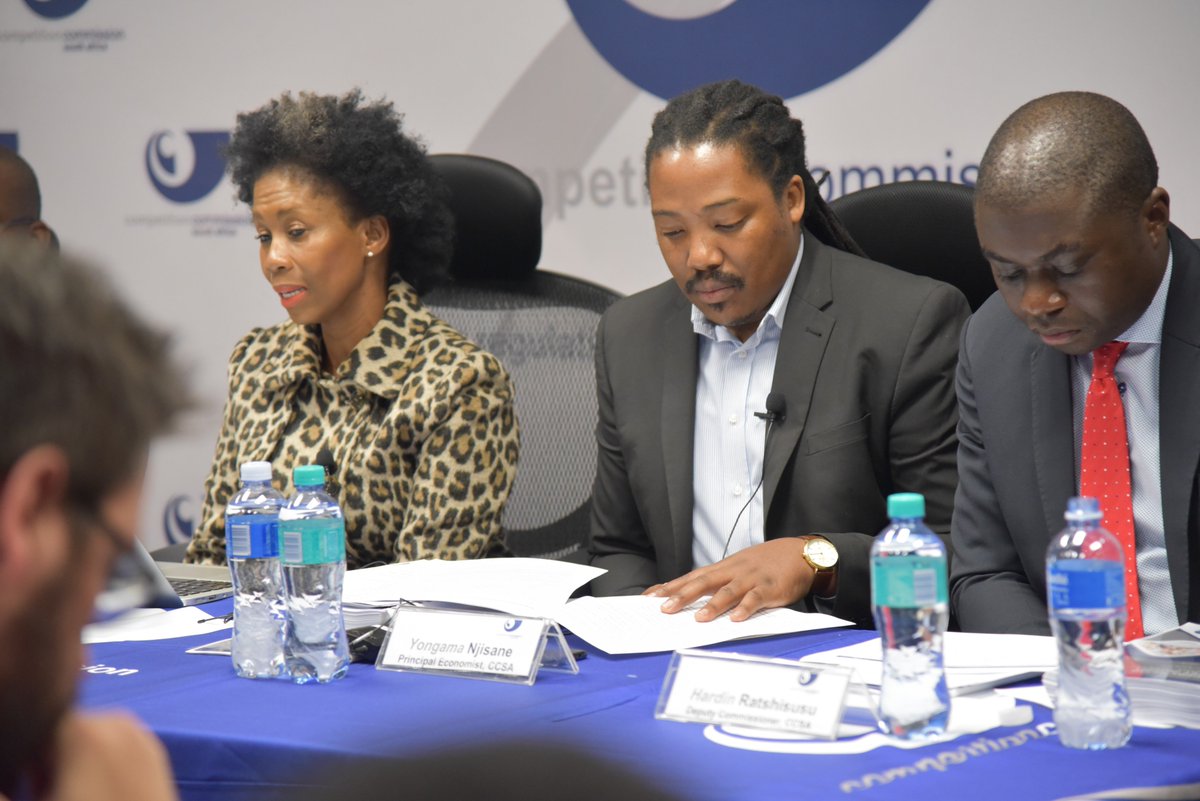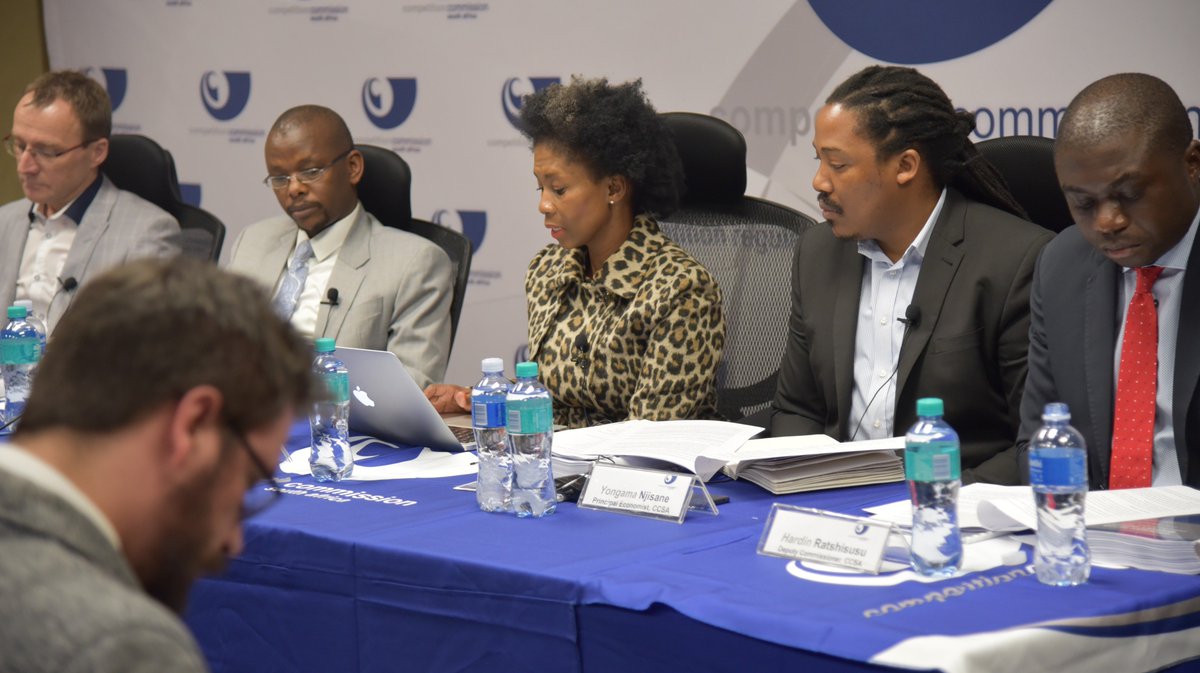It's theory vs practice day!
There are loads of resources out there for #BestPractices. Today, let's discuss the strengths & limitations YOU've found in trying #STEM #storytelling, #comedy, #SciArt, #digital, & more!
How do participant #communication styles impede/help your purpose, eg. #dialogue vs #debate?
beltanenetwork.org/DialogueTheory…
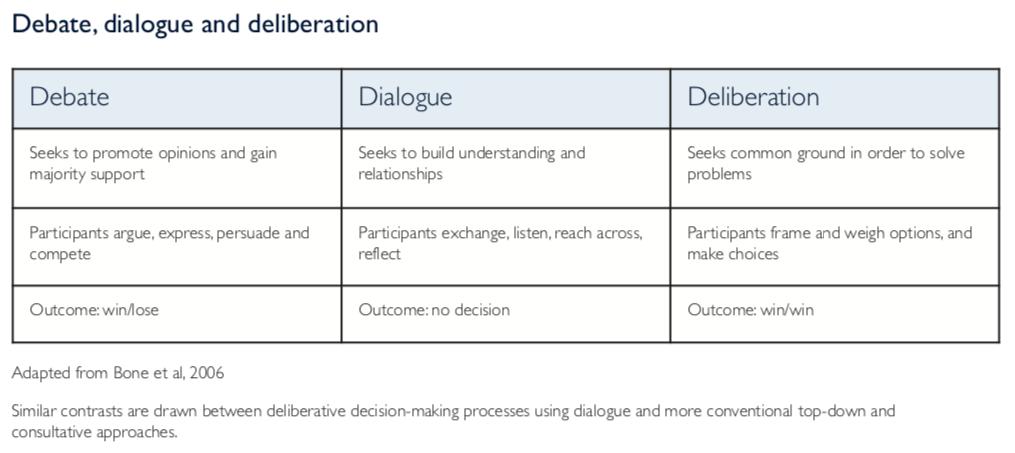
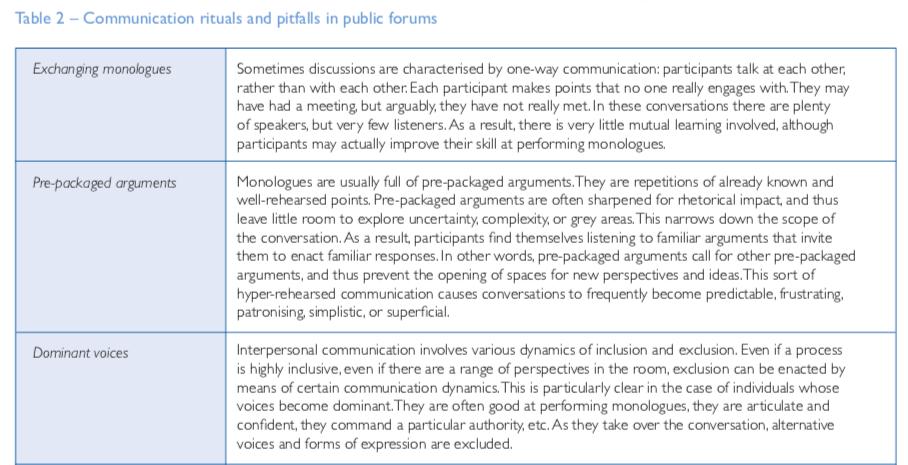
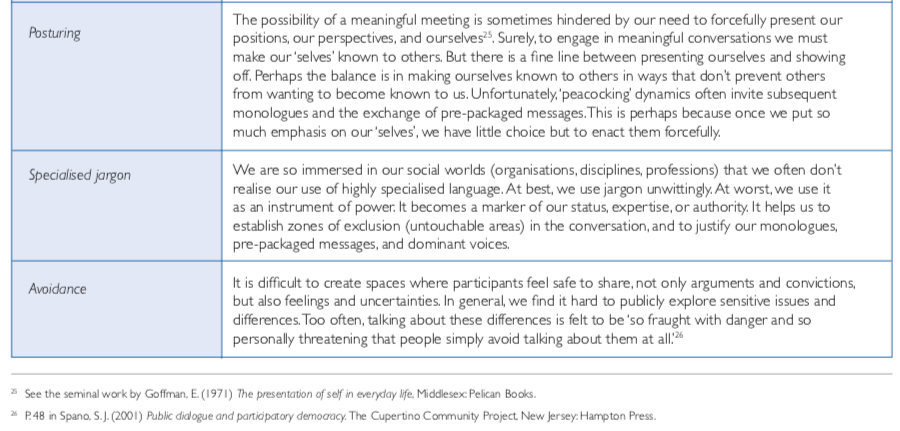
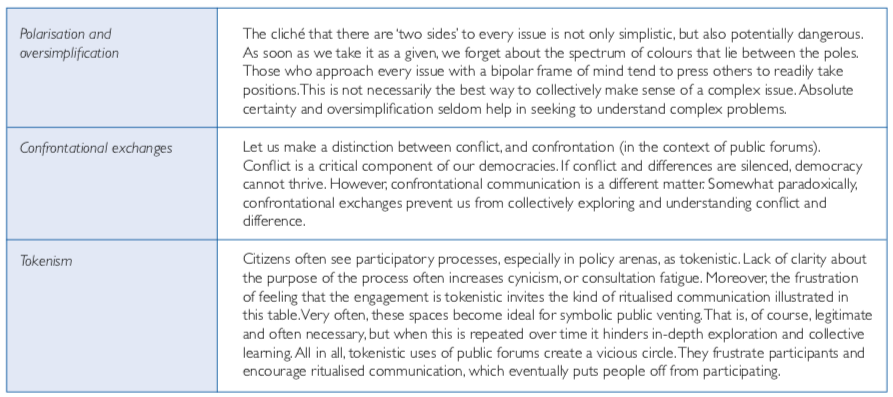
There's a purpose for panels and debates. But also a reason why they fail in "changing minds" or creating power-balanced convos.
Storytelling is a powerful form for #SciComm. It's also a crucial aspect of #STEM-inspired #experiencedesign at @GuerillaScience. But when does it work vs NOT work?
Recommended resource: @MargotLeitman's #LongStoryShort
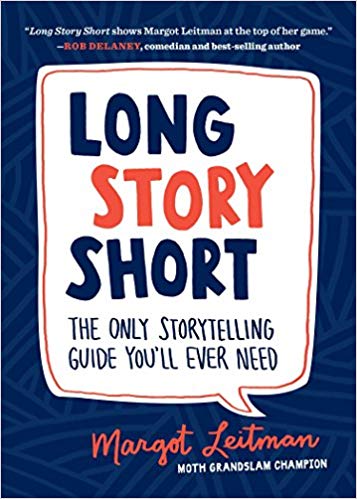
In #LongStoryShort, @MargotLeitman reminds budding #storytellers that sometimes there are stories that just aren't ready to be shared. The #storytelling equation includes a "hero" who has changed in the end, we need to time to digest our experiences.

BUT it didn't work when the power imbalance was clear & my experience was a "privileged problem" compared to my audience's cares.
theatlantic.com/education/arch…
I also highly recommend tuning into @TheRealHipHopEd Tuesday convos on #HipHopEd.
On #ScienceComedy: the various forms come w/ their own comedic equations, strengths&weaknesses.
From #humor #satire #sketch, #standup, #character, #improv, the #comedytheory on what makes them work is dictated by time+audience+ space+platform.
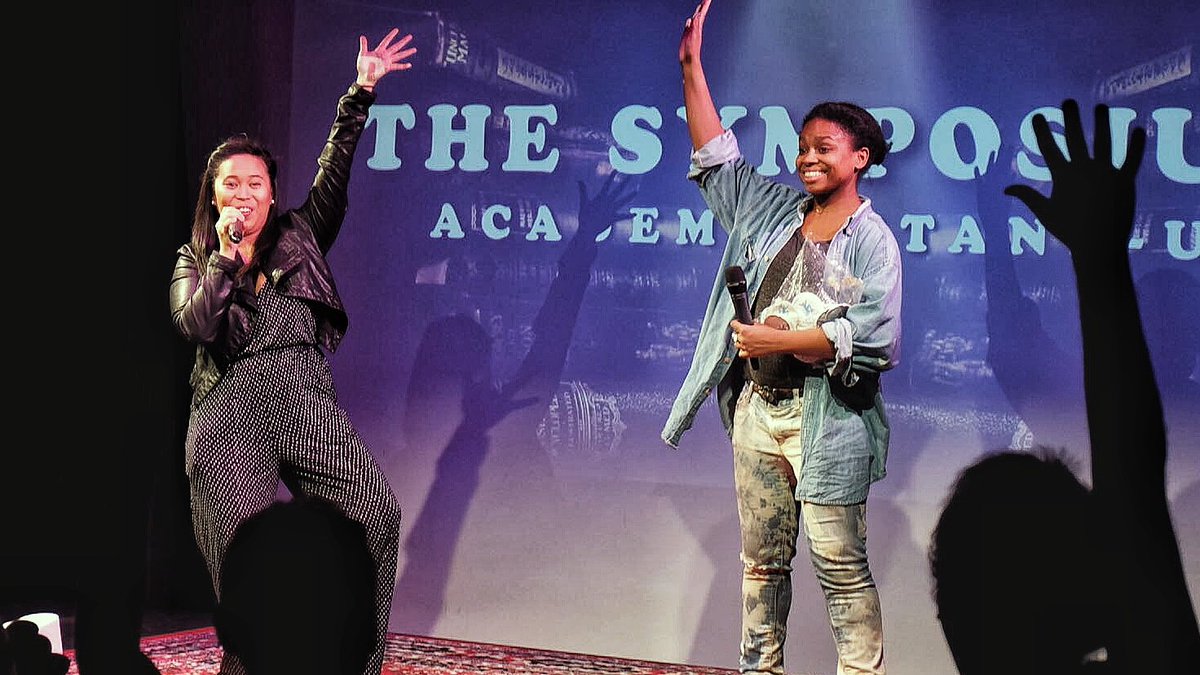
TED talks & papers by: @HumorResearch's @PeterMcGraw; @sophiescott; @KashaPatel; @drewtarvin
Mel Helitzer's #ComedyWritingSecrets - who created the 1st US college course on humor writing
@Alingon's #GreatSets2019
What I didn't expect: performing at @AsianAFshow & the response wasn't as strong
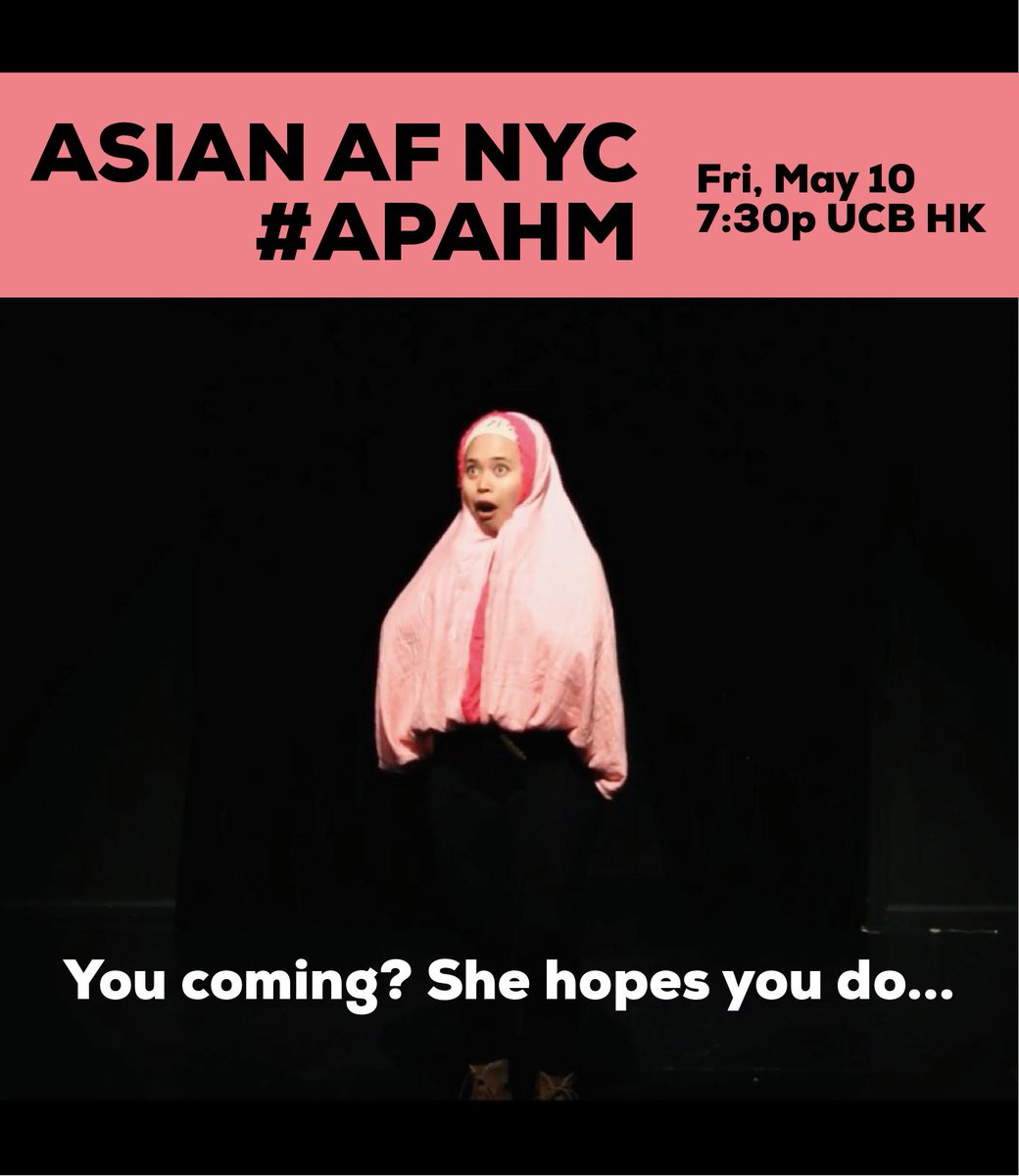
So perhaps that could've been a barrier 🤷🏽♀️
#comedytheory #SciComm
In contrast, US standup is about # laughs per minute
From short & longform writing, pods, #YouTube, #ScienceInstagram, #ScienceTwitter, #tiktok, & more. What MEDIA & platforms do you dabble in for your #STEM communication?
What have you found to be their strength & weakness?

